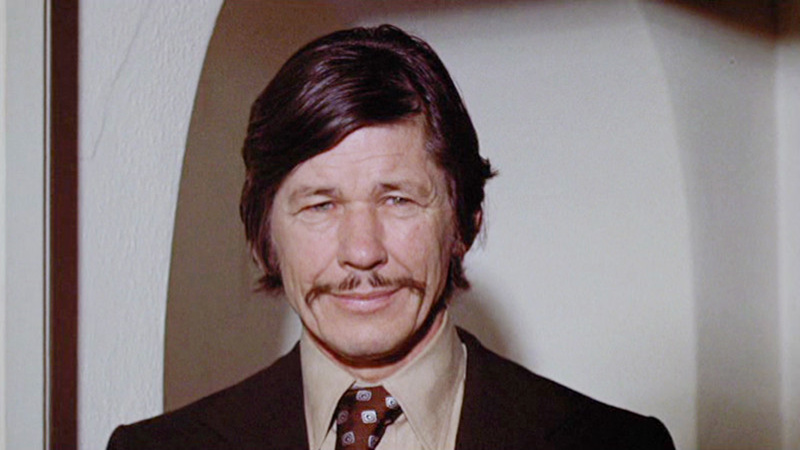
In a groundbreaking career that now spans over 30 years, David Fincher has etched a permanent place in movie history as one of the most talented directors of his generation. Ever since bursting onto the scene in the early 1990s, the former visual effects producer and music video director has cultivated a reputation as a notoriously obsessive and demanding craftsman with a meticulous attention to detail.
Fincher’s new thriller finds the American director teaming up with “Se7en” screenwriter Andrew Kevin Walker and returning to what is still considered to be his trademark genre that first put him on the map. Based on a graphic novel series of the same name, “The Killer” follows the exploits of a nameless professional assassin (played by Michael Fassbender) who must deal with the bloody aftermath of a botched hit job in Paris.
To celebrate his latest offering — now available on Netflix — we have scoured through interviews to round up ten thrillers, with an emphasis on those of the hitman variety, that the mastermind behind “Zodiac” and “Fight Club” has singled out as noteworthy for one reason or another. From classic French cinema to obscure 1970s gems, take a look at 10 favorites from the esteemed auteur that you should add to your queue after “The Killer”.
1. Le Samouraï (1967)
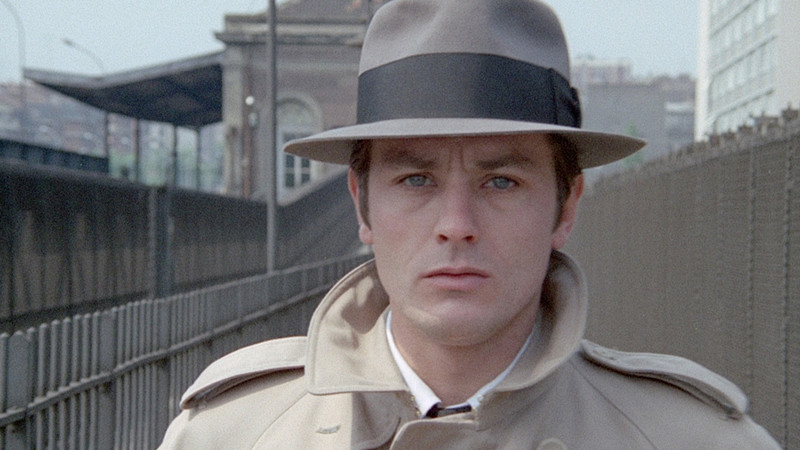
David Fincher had a brief chat with the British Film Institute while attending The Killer’s world premiere, during which he revealed a short list of titles that served as a jumping board for what he tried to achieve with his latest Netflix movie. And it’s only fitting that legendary French filmmaker Jean-Pierre Melville, often called the godfather of the modern crime thriller as a kind of shorthand for a cinematic giant who breathed new life into the genre and inspired an entire generation of directors across the pond, would crop up at least once.
Much like Fincher, Melville made his name and reputation with razor-sharp thrillers about ice-cold professional assassins — perhaps none better or as foundational as “Le Samouraï”, about a trench coat and fedora-wearing freelance killer (played with a steely edge by Alain Delon) who finds himself between a rock and a hard place after his last hit goes awry. Leisurely paced and unflappably cool, this Parisian nail-bitter recalls Fincher’s latest in how each deliberately puts the audience in the shoes of a highly competent hitman by carefully detailing their obsessive daily routines and samurai-like code. “I mean, you can’t make a killer movie without at least referencing it,” Fincher told BFI.
2. Get Carter (1971)
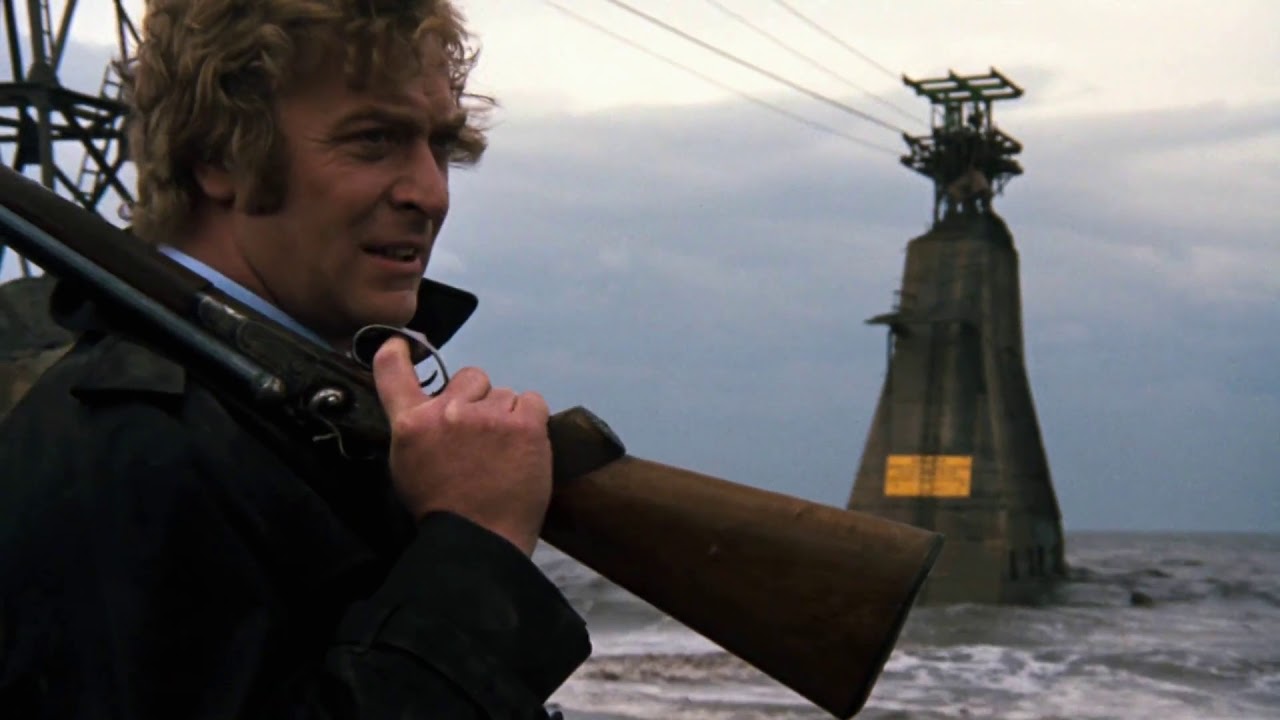
It’s a minor tragedy that an entire generation of moviegoers have seemingly grown up knowing Michael Caine as the affable, well-mannered fellow who used to keep popping up from time to time in Christopher Nolan movies instead of the ice-cool, all-around badass on-screen persona he cultivated earlier in his prolific career. To anyone who’d like to see the now-retired silver screen icon at his true apex mountain, though, we suggest you turn to this benchmark of British cinema, another recommendation pulled from Fincher’s BFI interview that served as a key point of reference for this year’s “The Killer”.
“Get Carter” finds Caine in full movie-star mode chewing up the scenery in one of his single best and flat-out enjoyable career turns as Jack Carter, a two-bit London hood who returns to his hometown of Newcastle dead-set on avenging his brother’s murder after refusing to believe the official police report, which claims he died by alcohol poisoning. You never know what’s lurking under the surface in this oft-forgotten man-on-a-mission classic that although rarely mentioned in the same breath as cinema studies standards like “Dirty Harry”, continues to be a guidepost for how to create a solid crime caper.
3. Charley Varrick (1973)
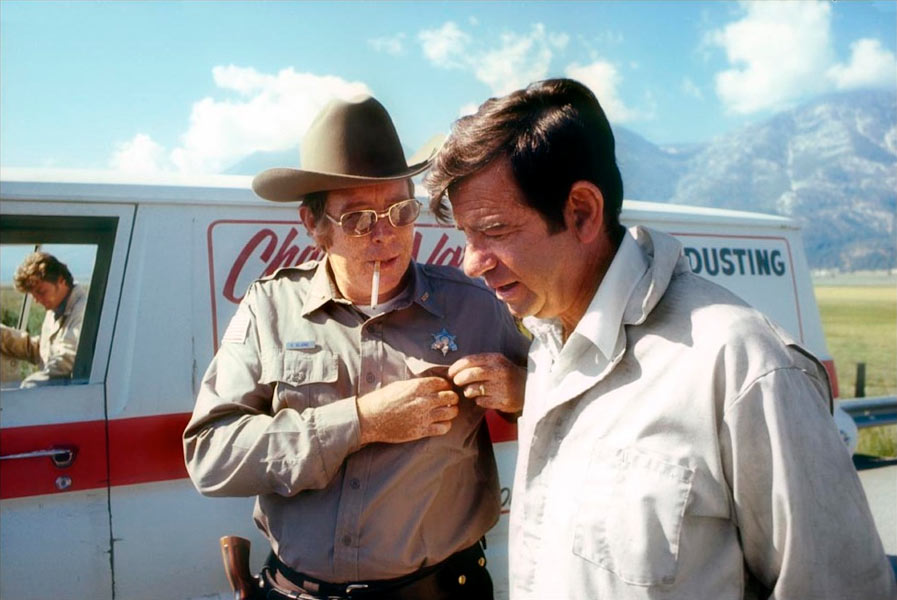
Another underseen gem from the 1970s ripe for rediscovery that Fincher likes and named as influential during his recent press tour interview with the BFI is Don Siegel’s wildly unpredictable, ruthlessly irreverent, and darkly funny “Charley Varrick”.
A heist-gone-wrong shoot-em-up that suggests a cross between “Bonnie and Clyde”, “The Getaway”, and “Reservoir Dogs”, “Varrick” finds Hollywood stalwart Walter Matthau ascend to new heights of performance in the title role as a short-fused and irredeemably self-serving career criminal on the run from the law who robs a small-town bank and must not only evade the cops but the mob and his former associates as well.
Fincher identified the movie as a personal favorite that left a lasting impression when he first saw it as a kid and one that he especially kept in mind during the early production stages of “The Killer”. And if you somehow need even more reason to track down “Charley Varrick”, rest assured — even by modern standards, the drum-tight script, heart-racing chase sequences, and tough-as-nails performances ensure the film still packs a mighty punch.
4. Miller’s Crossing (1990)
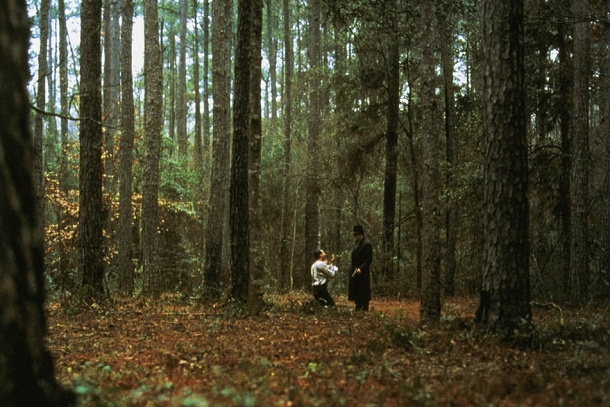
Perhaps more than any other contemporary American director besides Fincher himself, the Coen brothers have managed to writhe across genres while always playing by their own rules. Loosely adapted from Dashiell Hammett’s hard-boiled novels, this Prohibition-era gangster saga about two warring mobs established the Coens as a major creative force in Hollywood and introduced audiences to their tragi-comic sense of the absurd by fusing well-trodden noir tropes with healthy doses of self-awareness and dry wit.
Bullets, fedoras, double-crosses, snappy one-liners and top-caliber performances abound as we watch Gabriel Byrne’s too-clever-by-half henchman try to stay one step ahead after getting caught in a whirlwind of conflicting loyalties and breaking ties with his powerful crime boss. A high-water mark in Nineties American cinema that marked a stride forward in the Coens’ filmmaking craft, “Miller’s Crossing” was recently singled out by Fincher during a post-screening Q&A at LA. The director had nothing but glowing praise for the 1990 thriller, drawing attention to one of its most memorable scenes, in which John Turturro’s slippery bookie begs for his life after being taken to the woods, and remarking that it actually served as a key inspirational touchstone in terms of devising the overall tone for “The Killer”.
5. Notorious (1946)
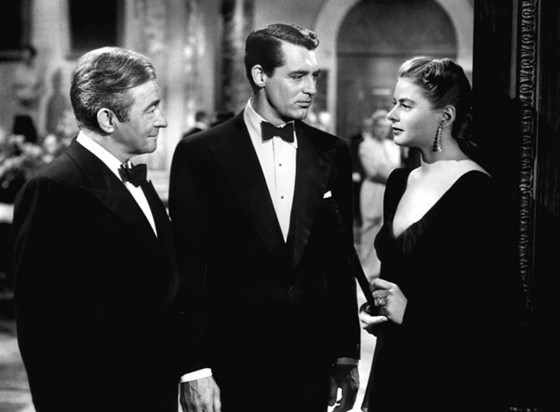
In this globe-trotting Hitchcock spy thriller Fincher once referred to as a “magic trick of epic proportions”, Ingrid Bergman delights playing against type as the disgraced American daughter of a convicted German war criminal who’s recruited by a suave U.S. intelligence agent (Cary Grant) to seduce a Nazi industrialist hiding out in Brazil.
In Taste of Cinema, we’ll be the first to admit that comparisons between Fincher and Hitchcock, though not entirely without merit, are a bit overblown these days. Film critics and fans are all partially to blame, but it also must be noted that the “Fight Club” director has never tried to hide his admiration for the Master of Suspense and has repeatedly acknowledged the great artistic debt he owes to “Vertigo” among many other Hitchcock genre milestones. After all, Fincher famously credits being taken by his father to see a re-release of “Rear Window” at the tender age of 7 as a formative experience that forever sealed his love for cinema (and perhaps ignited his interest in voyeurism too).
The thinly-veiled Hitchcockian references and stylistic nods littered all over his filmography — including a point-of-view shot in 1997s “The Game” entirely lifted from “Notorious” in which a character blacks out and collapses after drinking covertly spiked coffee — have done nothing if not fuel the comparisons between both.